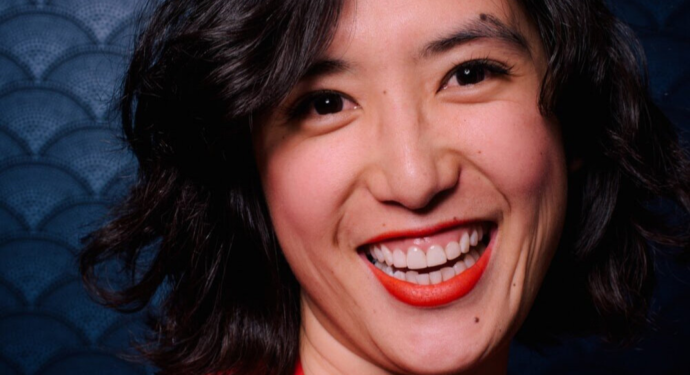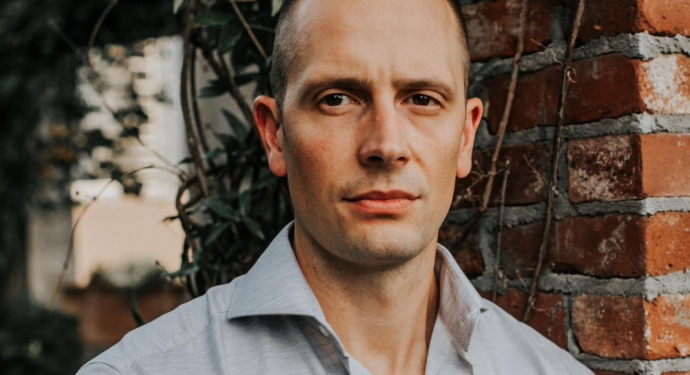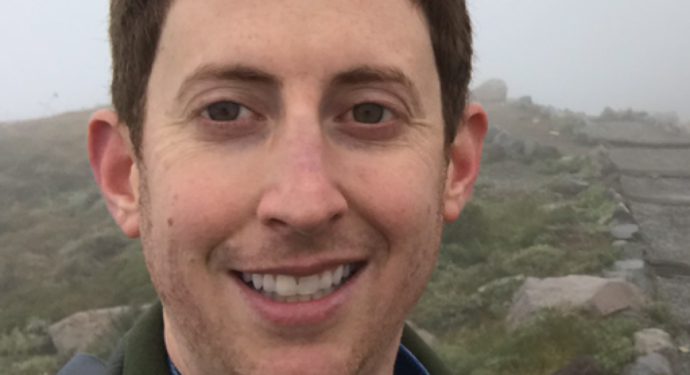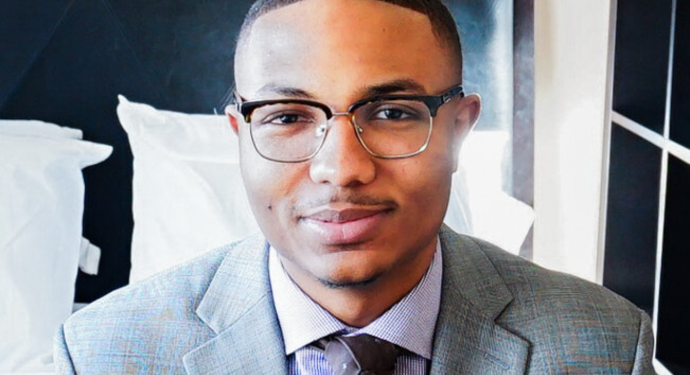
Jade Leong, Founder & Chief Voyager at Voyagers Table
August 25, 2020

1. What were you doing before you quit your job?
I was a philanthropic consultant and marketing manager at a non-profit in Perth, Western Australia.
2. When did you realize you wanted to quit your job?
I had achieved a lot of success and been provided a lot of opportunities by a very supportive board and CEO, but the only next step was to either take over my CEO’s position or move to another similar role in another company. I knew I needed a new challenge, and felt unsatisfied by the opportunities that existed for me at the time. I always knew I wanted to run my own business – but wasn’t quite sure where to begin. I started out helping others with their companies (and started 5 companies in 4 years!). I was in the process of getting ready to take over one of the companies as the original founder wanted to leave, and a mentor gave me some great advice: “If you can look me in the eye and tell me that this (running this company) is what you want to do everyday for the next 10 years, I’ll help you with everything I’ve got. But if you can’t tell me that, I don’t want you to say yes to this role”. I knew and I knew in that moment that I didn’t want to run that company, but that I wanted to pursue running my own company and focus on creating experiences and events that left a lasting impression on hosts and guests alike. That was my “aha” moment.
3. What initial hesitations did you have about quitting your job and how did you overcome them?
I was so worried I’d fail! I still am sometimes! I received some great support and advice from mentors and friends, but the best way I found to overcome the fear of failure was to play what my partner and I call the “worst case scenario game”. We think through the worst case scenario of a particular situation, and if we can still handle it, then we know we will be ok. In taking the leap to start Voyager’s Table (www.voyagerstable.com), I thought through my worst case scenario which was returning home to Australia, tail between my legs, having spent all my savings and using up all the money I’d invested. My worst case scenario is/was going home, living at my parents place (at 40?), and crying myself to sleep on their couch until I could get myself back up and go out and get a job waiting tables or making coffees til I got my confidence back up to try something again (minimum wage in Australia is $19/hr, so you know, really, pretty good considering the free rent on mum and dad’s couch…haha). Since that was my worst case (thankful for all my privileges here!), I figured I’d better give it my very best shot.
4. What are you doing now?
Voyager’s Table has been running for almost 4 years now. What a crazy fast journey it has been. We have a team of 5 full time and a crew of regular part-time and contractor events, talent and media team members that are SO amazing and we’re so lucky to have them as part of our journey.
A bit about Voyager’s Table:
We’re an event production, media and talent hospitality company that specializes in designing experiences for powerful connection. Whether we’re hosting world leaders or helping companies keep teams connected in person and online, we take personal ownership of every event we touch. Pre-pandemic we: produce festivals and experiences for 60,000 ppl –> 6 person private dinners and everything in between and have a niche expertise in talent logistics and hospitality (eg. accommodation, scheduling and hospitality for 120+ celebrities and world leaders in South Africa for event headlined by Beyoncé in 2018). During the “Great Disruption of 2020”, we’ve been busy producing high-impact/engaging online experiences for teams and communities across North America, and curating local market kits & recipes to support our vendors impacted by downturn.
On the 12th of September, we’ll be hosting our annual night market, this year all online, with an incredible line up of creatives sharing their talents with you, with activity kits available for delivery/pickup in Vancouver, Seattle and New York so you can join in the fun from home. Details and lineup here: voyagerstable.com/nightmarket
5. Looking back on your experience of founding a company, what do you know now that you wish you knew before? Are you happy with your decision?
I wish I’d done this earlier! But also, I’m glad I have had the path that I did – I learnt so much helping others with their dream businesses, and shouldering lots of responsibility as an interim or start up CEO. I’m so grateful for those opportunities and for mentors and past employers who saw my potential and encouraged it.
6. Any other advice you can share for others contemplating a similar path?
Surround yourself with solution focused and supportive people (one of the reasons I love the Venture Out community!). And most of all: if you know and you KNOW in your heart that this project or business is what you REALLY want to put your heart and soul into for the next 10 years – DO IT and DON’T QUIT. Get back up and keep going – hone your craft, grow, get better and smarter and wiser and learn, learn, learn. But don’t stop trying and don’t wait for someone else to give you permission. Good luck!!!


